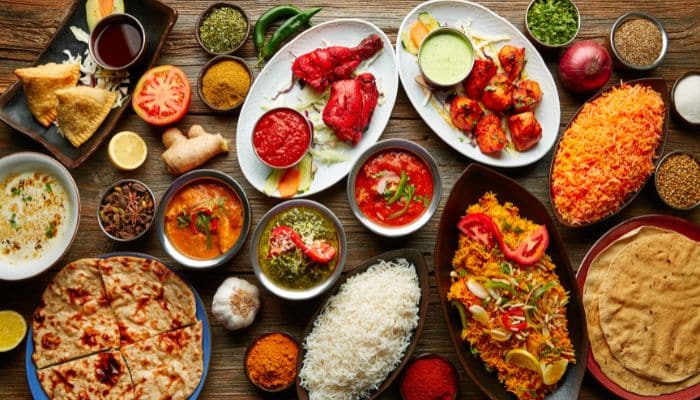Veganism is growing in popularity and so, too, are the pros and cons of adopting a vegan diet. A lot of people are curious about how adopting a vegan lifestyle can help them improve their health or save animals from cruelty. The good news is, it’s very easy to go vegan. You simply need to eliminate all animal-based products from your diet. To do this, you must become vegan. Instead of eating foods that come from animals, such as meat, fish, dairy products, and eggs, you only eat foods that come from plants such as fruits, vegetables, nuts and seeds. There are many benefits to going vegan including helping the environment by reducing harmful waste production and also improving your own health because it’s much easier to get enough nutrients without eating animal products. However there are also some downsides to going vegan which you should be aware of before making the switch. Here we’ll take a look at both the positives and negatives of adopting a plant-based diet.
What are the benefits of veganism?
If you decide to go vegan, you can greatly reduce your carbon footprint by drastically cutting down on the amount of food you consume. Plant-based diets are more ecologically sound as they reduce the amount of land used to grow animals as well as the amount of water and other resources needed to produce them. If you are eating a more plant-based diet, you can also save a lot of money as well as help the environment by reducing the amount of waste that’s produced when food is not consumed. Vegan diets are also very healthy. You can get all your nutrients from plants, but with absolutely no cholesterol, lactose, or saturated fat. This is because animals have fat in their bodies, and plants do not. So, when you go vegan, you eliminate this cholesterol, lactose, and saturated fat from your diet.
The downsides of veganism
But, of course, there are a few downsides to adopting a vegan diet as well! Vegan diets are often lower in protein than other diets. This can be a concern for athletes and others who want to build and maintain their muscle mass. Another potential downside is that you may miss out on certain nutrients found in animal products. For example, Vitamin B12, which is found in fish and animal products, can be hard to come by in a vegan diet.
Which comes first when going vegan?
Like many things in life, whether you should go vegan or not ultimately depends on you. If you decide to go vegan, you must make sure you get enough nutrients and calories from plants to stay healthy. If you decide to go vegan, you must also make sure you are eating enough protein. These are important things to keep in mind if you decide to go vegan.
Should you go raw or cooked?
Raw vegans typically avoid eating cooked foods and rely on foods such as fruits and vegetables for their vitamins, minerals and enzymes. Cooked vegans, on the other hand, eat raw foods as well as foods that have been cooked. Some will eat raw foods and then cook them while eating others will eat raw foods and drinks and then consume cooked foods. Raw vegans often believe that consuming cooked foods contains a lot of toxins and are therefore avoided. Cooked vegans believe that eating raw foods is extremely unhealthy and not practical. They believe that eating cooked foods actually helps maintain health and strength.

Finding delicious vegan foods
Vegan diets are often lower in protein and iron, so it’s important to eat fortified foods. Some vegan diets also include fortified soy products, but be sure there’s also vitamin B12 in your diet. The best way to ensure that you’re getting all the nutrients you need on a vegan diet is to eat a variety of whole, fresh foods daily.
FAQs
What are the benefits of a vegan diet?
Going vegan can reduce your carbon footprint, help the environment, and improve your health. It can also save you money and reduce waste. Vegan diets are cholesterol-free and low in saturated fat.
What are the downsides of a vegan diet?
Vegan diets may be lower in protein and certain nutrients, such as Vitamin B12, found in animal products. This may be a concern for athletes and those who want to build muscle mass.
What should come first when going vegan?
Ultimately, the decision to go vegan depends on the individual. If you decide to go vegan, it’s important to ensure that you’re getting enough nutrients and calories from plants. You should also make sure you’re getting enough protein.
Should you eat raw or cooked foods on a vegan diet?
Whether to eat raw or cooked foods on a vegan diet is a matter of personal preference. Raw vegans avoid cooked foods, while cooked vegans eat both raw and cooked foods. Both have their benefits and drawbacks.
Conclusion
Veganism is a great way to improve your health and reduce your carbon footprint by eating only plant-based foods. However, it’s important to note that going vegan is not easy, and it can be tricky to get enough protein and nutrients while staying healthy. To ensure you’re eating a balanced, nutritious diet, be sure to include a variety of whole, fresh foods daily.




